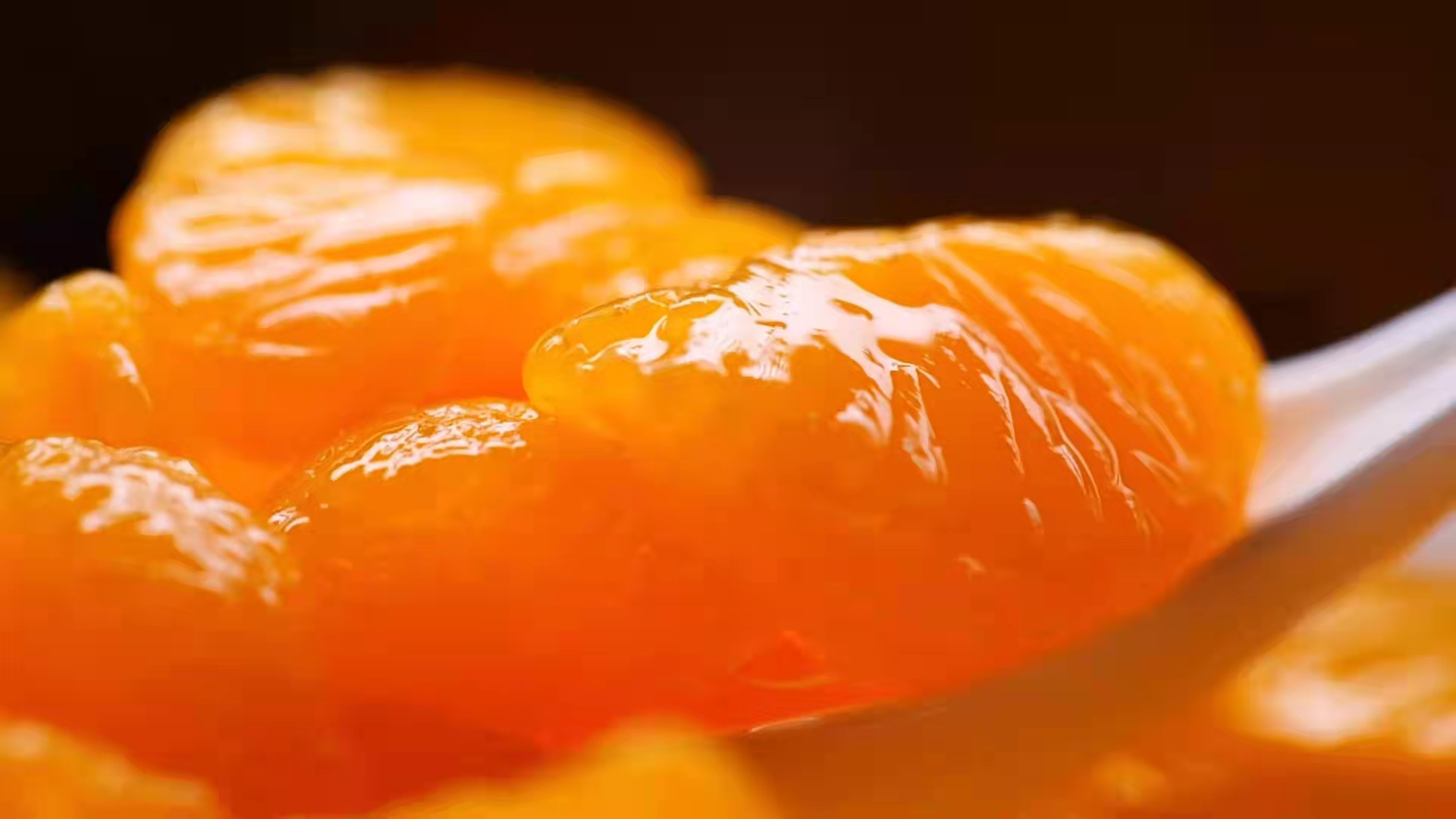In terms of fertilizers, the first is to protect the ground from excessive nitrogen fertilizer, nitric acid formed by decomposition of nitrogen fertilizer, so that the soil acidification; Second, excessive urea, easy to produce nitrogen dioxide gas, when the concentration of 2 to 3 mg / l, the pepper that is Victims; Third, the application of organic fertilizers that are not fully decomposed is also prone to toxic gases; Fourth, chase high concentrations of water in the summer, high temperature, easy to make pepper burning roots, light flowers drop, the whole plant withered; in the fifth soil Lack of certain nutrient elements, so that the pepper "green", "green" or deformation of the vegetative organs of the plant; sixth is the formation of the middle column flowers when the overall nutritional status is poor, and the formation of short column flowers when the nutritional status is poor, pollen can not Normal growth and distribution, the pistil can not be normally fertilized.
In terms of moisture, first, the temperature of the seedling soil on a rainy day is low, the soil is compacted, and the seedlings are easy to be stale. Second, when the soil moisture is insufficient and the air is dry, the seedlings are easily planted and the pepper petiole is easily bent and the leaves are drooped; Difficulties in waterlogging after rain, poor soil ventilation, anaerobic respiration in roots, excessive accumulation of toxic substances, large dead patches of chilly peppers in the weather, and water irrigated before capsicum in the peppers, will reduce soil temperature, causing leggy to postpone fruiting and reduce time. Yield.
Therefore, in order to promote the normal and steady growth of peppers, water and fertilizer management measures must be optimized to improve the scientific management of fertilizer and water levels.
First, grab the clear seedlings. When the soil moisture is moderate, picking the seedlings to avoid soil compaction and stiff seedlings, cool soil cultivation is conducive to anastomosing the root and soil, shorten the slow seedling period, and quickly restore growth. At the same time, transplanting Daejeon to achieve a narrow box deep ditch, or sorghum cultivation, in order to facilitate drainage.
Second, appropriate watering in appropriate period. In addition to pouring root water when transplanting seedlings, the seedlings are generally not watered until flowering. Only mild watering in continuous drought. When the young fruit grows to about 3 centimeters in length, in case of drought, can be furrow irrigation, but with the irrigation with the row, for wet management, avoid flooding irrigation.
Third, fine formula fertilization. Pepper is fat and afraid of fertilizer, and it is very sensitive to fertilizer. To achieve organic fertilizer and inorganic fertilizer application, organic fertilizer must be fully cooked; because the soil due to the discretion of the application of nitrogen fertilizer, in particular, can not be excessive urea; coupled with phosphorus, potassium and trace element fertilizer to prevent the "green" symptoms Avoid high temperatures, use compost with low-concentration, decomposed water; prevent defertilizer, ensure adequate nutrition throughout, and prevent “green†yellowing. In terms of specific operations, per gram of base fertilizer can be applied 5,000 tons of soil miscellaneous fertilizer or 4000 kg of livestock and poultry manure, with 30 to 40 kg of phosphate fertilizer, potassium sulfate, about 20 kg, can be applied after the tiller, uniform, but also Ditching facilities. Top dressing three times, first, mentioning the Miao Fei, transplanting seedlings after survival, per mu can be decomposed fresh water manure 500 to 800 kg, there are two fruit branches, and then chase maturity of human excrement 1000 to 1500 kg. The growth period of pepper is longer. After 2 to 3 batches of fruit are harvested, the seedlings can also be treated with about 10 kilograms of urea per mu.
Canned Mandarin Oranges in Light Syrup are packed with Satsuma variety orange with sugar. They are gluten free, Non-GMO and no preservatives added.
Our Canned Orange in Syrup are processed with all natural fruits, they are helthy. Every piece of fresh orange is selected and pesticides & heavy metal residual tested. They are processed at the peak of freshness.
During the period of plantation, we provide pesticides for farmers, and professional staffs from the company will guide farmers on how to use and spray pesticides scientifically. After usage, the rest pesticides and pesticides containers will be stored and disposed correctly.

Canned Mandairn Oranges is a good source of Vitamin C, all ages can have it. With processed, portable and shelf-stable canned mandarin oranges in light syrup, you can enjoy good taste of fresh oranges at anytime and anywhere.
Canned Orange, Satsuma, Mandairn Orange in Plastic Cup, Canned Mandarin Orange Whole Segments, Foodservice Canned Mandarin Orange
ZHEJIANG FOMDAS FOODS CO., LTD. , https://www.fomdasfoods.com